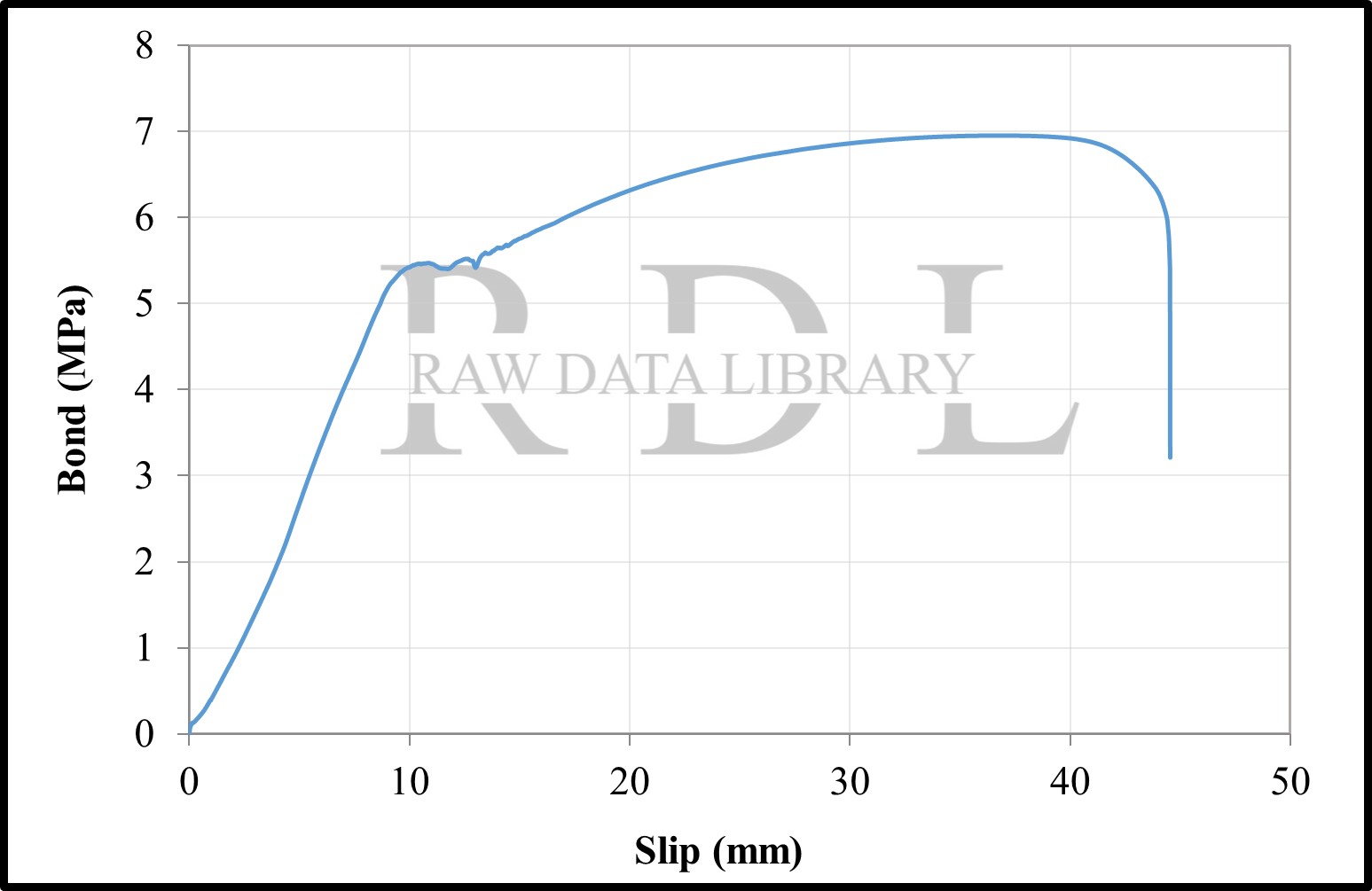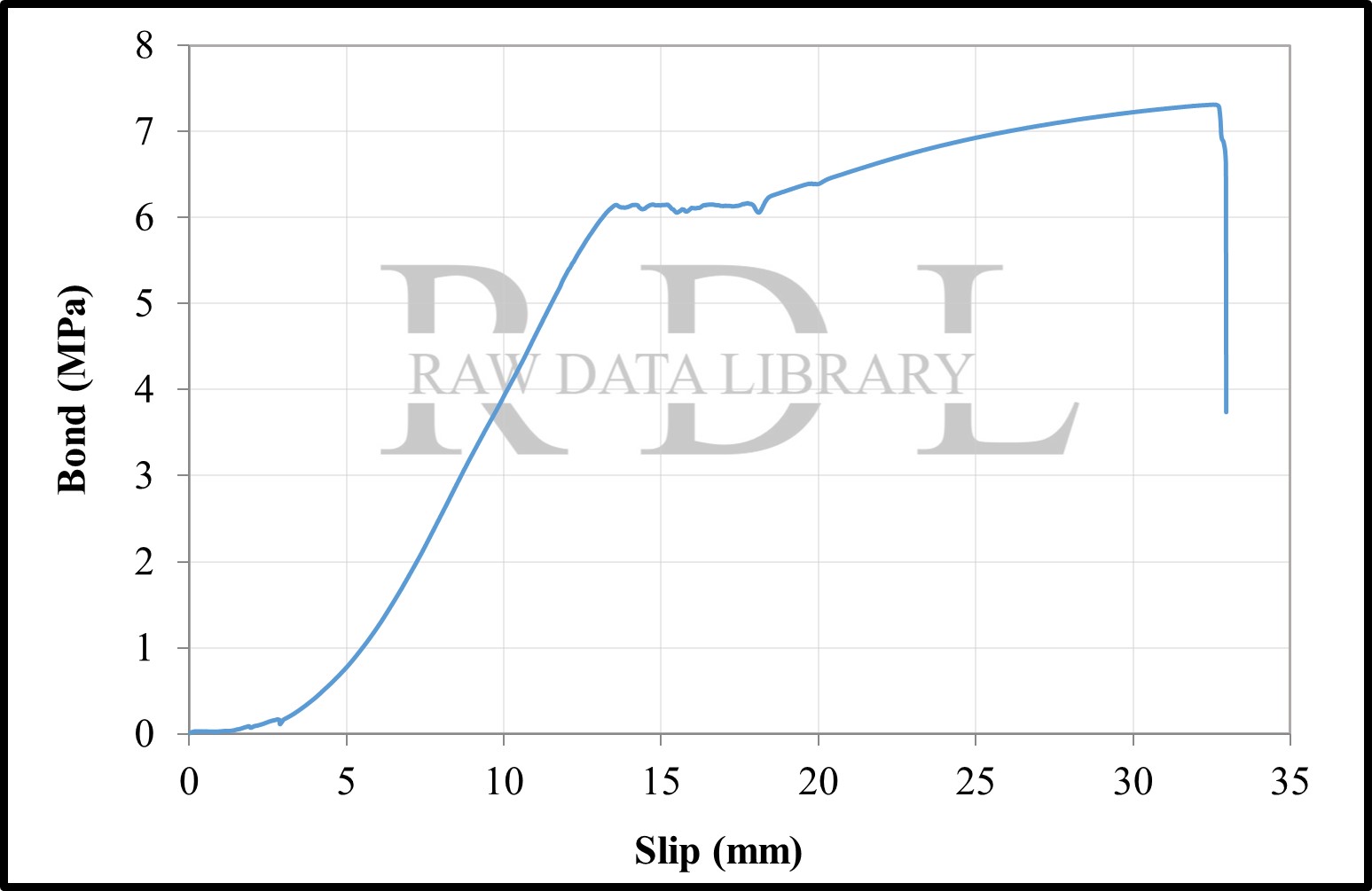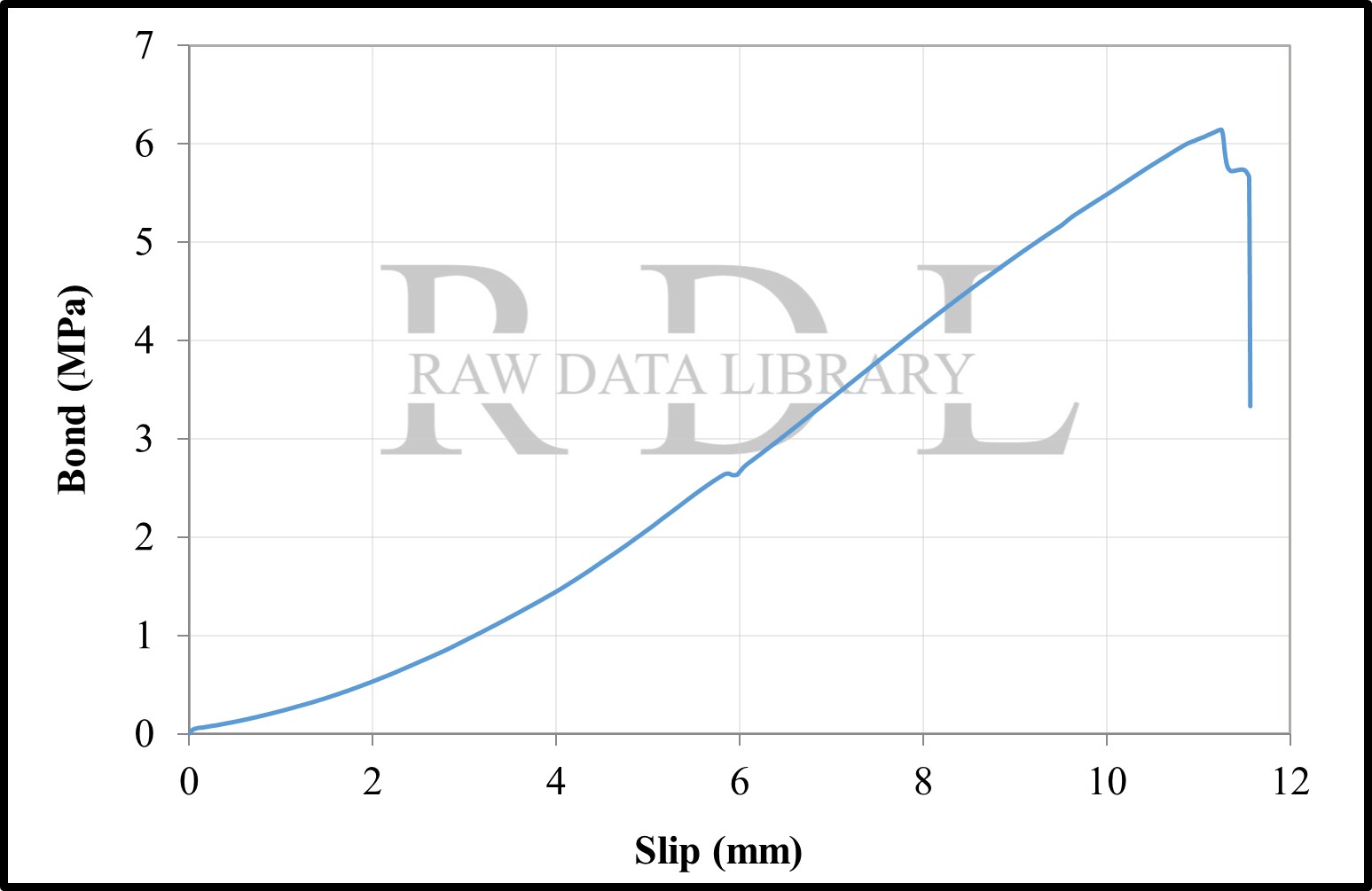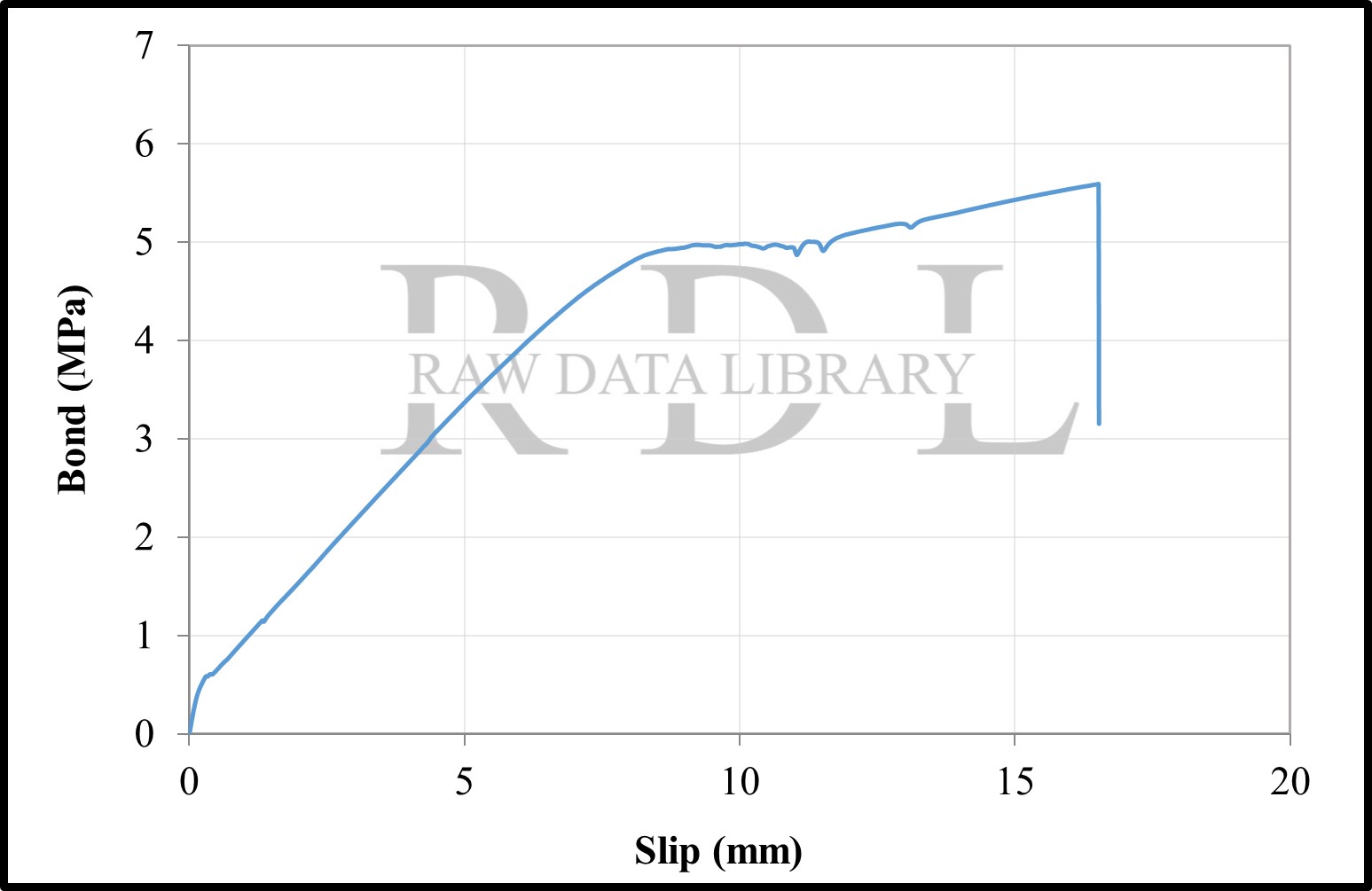No association between markers of systemic inflammation and endothelial dysfunction with Alzheimer's disease progression: a longitudinal study
Abstract
IntroductionSystemic inflammation and endothelial dysfunction are potentially modifiable factors implicated in Alzheimer's disease (AD), which offer potential therapeutic targets to slow disease progression.MethodsWe investigated the relationship between baseline circulating levels of inflammatory (TNF-alpha, IL-1 ss) and endothelial cell markers (VCAM-1, ICAM-1, E-selectin) and 18-month cognitive decline (ADAS-cog12) in 266 mild-to-moderate AD patients from the NILVAD study. We employed individual growth models to examine associations, potential mediation, and interaction effects while adjusting for confounders.ResultsThe average increase in ADAS-cog12 scores over all patients was 8.1 points in 18 months. No significant association was found between the markers and the rate of cognitive decline. Mediation analysis revealed no mediating role for endothelial cell markers, and interaction effects were not observed.DiscussionOur results do not support the role of systemic inflammation or endothelial dysfunction in progression in persons with AD.





















